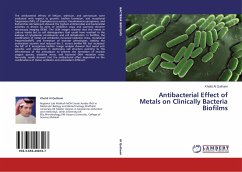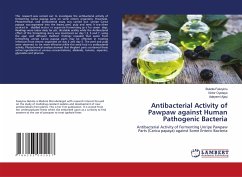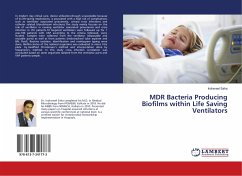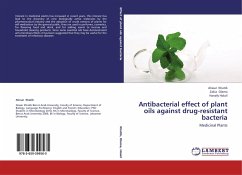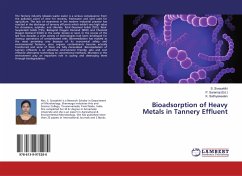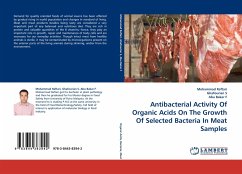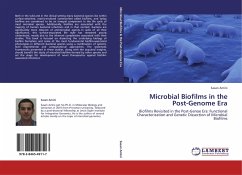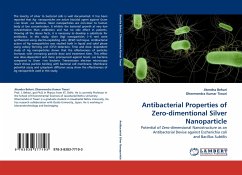The antibacterial effects of lithium, selenium, and germanium were evaluated with respect to growth, biofilm formation, and mutational frequencies (MF), of Staphylococcus aureus, Pseudomonas aeruginosa, and Escherichia coli.Selenium showed the highest antimicrobial and bactericidal activities as shown by zone of inhibition assay and scanning electron microscopy imaging (SEM). The SEM images showed that the metals in culture media led to cell disintegration that could have resulted in the leakage of cytoplasmic constituents, and cell dehydration. In biofilms, the combination of metal and antibiotics increased oxidative stress, mutational frequencies(MF), and formation of mutator phenotypes. Adding the antioxidant ascorbic acid reduced the S. aureus biofilm MF, but increased the MF of P. aeruginosa biofilm. Image analysis showed that metal and ascorbic acid cooperated in destroying cell structure pointing to the effectiveness of the antioxidant to prevent the formation of reactive oxygen species, oxidative stress, and bacterial DNA mutation rates. Generally, results showed that the antibacterial effect depended on the combinations of metal, antibiotic and antioxidant different.

